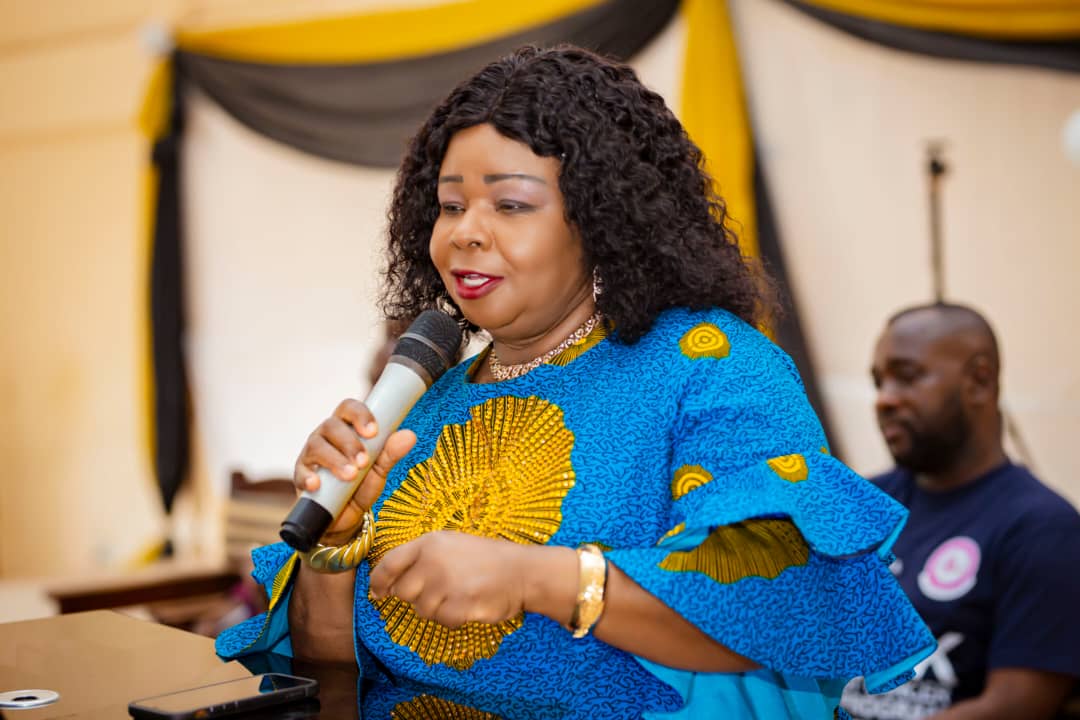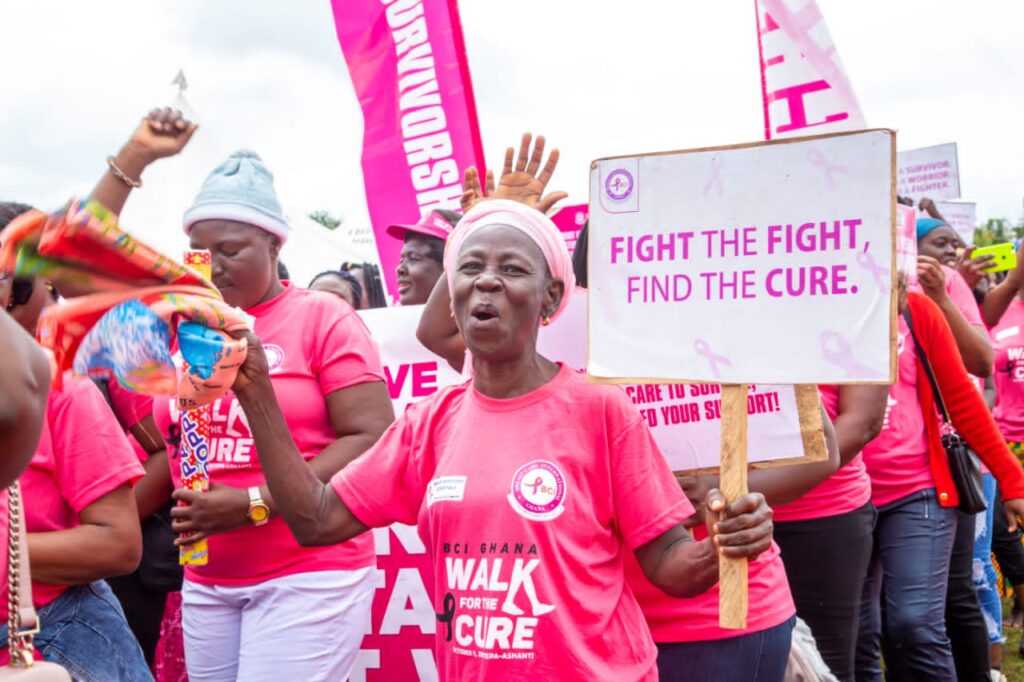Teva Publication

While breast cancer deaths continue to fall in many countries worldwide, in others the situation is very different. We meet some of the inspiring people who are working to change this situation.
Breast cancer is still the world’s most prevalent cancer but survival rates have greatly improved since the 1980s in countries that have early detection programs and different ways of treating it [1]. Breast cancer deaths in the US, for example, have decreased by 43% from 1989 to 2020: current figures in 2023 show that 15% of women diagnosed with breast cancer in the US die every year [3].
But in other countries, the picture is very different. In Ghana, where over 4,000 women are diagnosed with breast cancer annually, almost half of them will die [4]. Studies show that women in Ghana are diagnosed at more advanced stages of the disease – up to 70% of women have advanced stage cancer by the time it is identified [5]. This frequently comes down to a lack of awareness and education, as well as common myths and misconceptions.
Treating women with breast cancer in Ghana, as well as raising awareness about the condition, has been an important part of Dr Beatrice Wiafe Addai’s lifelong work. General surgeon, breast surgeon and consultant in breast cancer management, she is the founder and CEO of Ghana’s Peace and Love Hospitals and founder and president of Breast Care International and BCI America. “We have an unfortunate situation in Ghana where the majority of breast cancer patients present with advanced stage cancer. This makes the cure difficult, especially when it’s an advanced tumor. Our patients are also quite young when cancer strikes, and the tumors are more aggressive.”
Diagnosis is only the start of the journey of course. Once treatment begins, it is vital that patients get the medicines they need. “A course of chemotherapy can last for six or eight cycles,” says Dr Addai. “Sometimes when patients are receiving chemo, their white blood cell counts go down and we have to stop treatment. There is a drug to counteract this but it is very expensive in Ghana and most patients cannot afford it.”
Working to support Dr Addai’s mission, Teva’s breast cancer access program was set up in January 2022 and provides crucial medicines to treat up to 400 women every year. “You cannot explain how people feel when they receive these medications, these people who had no hope of receiving cancer treatment,” she says. “It gives a lot of hope to patients and it gives joy to the prescribers and care givers. At last, a woman who needs the meds gets a constant supply throughout the course of her treatment.” “Through our Access Programs, we are trying to reach vulnerable populations that we’re not reaching through our normal commercial pathways”, explains Yonina Fleischman, who leads Teva’s ESG Access to Medicines team. “We are delighted to be working with Dr Addai for our first breast cancer program. We want it to be scalable and sustainable and plans are already underway to expand our breast cancer initiatives.”
This is one of eight access programs that Teva has committed to run globally by 2025, getting medicines to more people, including in low and middle-income countries, who otherwise would not be able to access them. The process of getting medications to vulnerable populations in often hard-to-reach-areas can be a tricky one – and this is where the third member of the partnership comes in, humanitarian aid organization Direct Relief. VP Tom Roane explains:
“Teva brings its world class drugs to the program. It has a portfolio second to none in terms of the drugs that are required on international protocols to be able to properly treat breast cancer patients. Direct Relief brings the supply chain logistics expertise, making sure those medicines get to where they need to, in perfect condition.” It’s not just about donating the medicines. It’s also about creating an effective supply chain and the right storage conditions – many need to be stored in a refrigerator for example. Then, once everything is in place, women need to access the treatments, often from very remote rural areas where they live.
“As low- and middle-income countries continue to expand capacity for healthcare services, including the provision of specialized treatment and care, the opportunity to show the benefits of investments in humanitarian approaches like this project with BCI, Teva, and Direct Relief are critical to move towards lasting improvement in the healthcare system, says Damon Taugher, VP Global Programs Direct Relief.
“Ideally we want to offer patient support as well as treatment,” Dr Addai explains. “I would love to set up patient groups, similar to those in the US and UK, where women can access information and financial and social support. “There are a lot of myths and misconceptions around breast cancer in Ghana. Women traditionally find a lump and go to their local prayer group or herbalist to cure it. There are no screening programs so we are teaching people how to do their own breast self-examination. Clinical breast screenings are offered to women in the communities, in churches, markets and other places. We are educating young women in high schools about breast cancer and encouraging them to share this knowledge with the women in their families.”
The legacy of this work will hopefully speak for itself in the months and years to come.
“Beatrice is ahead of the curve in the community outreach and early detection work that she does,” says Tom Roane, “She has really made community outreach and early detection a key portion of her cancer care program. She’s not just providing treatment, she is helping to change lives.”

